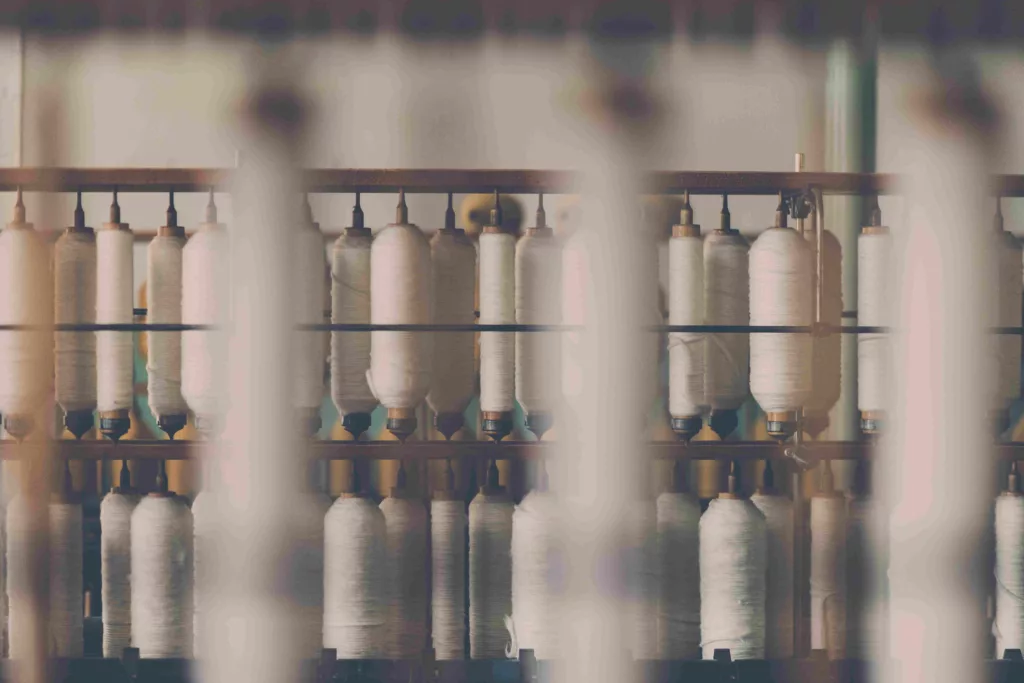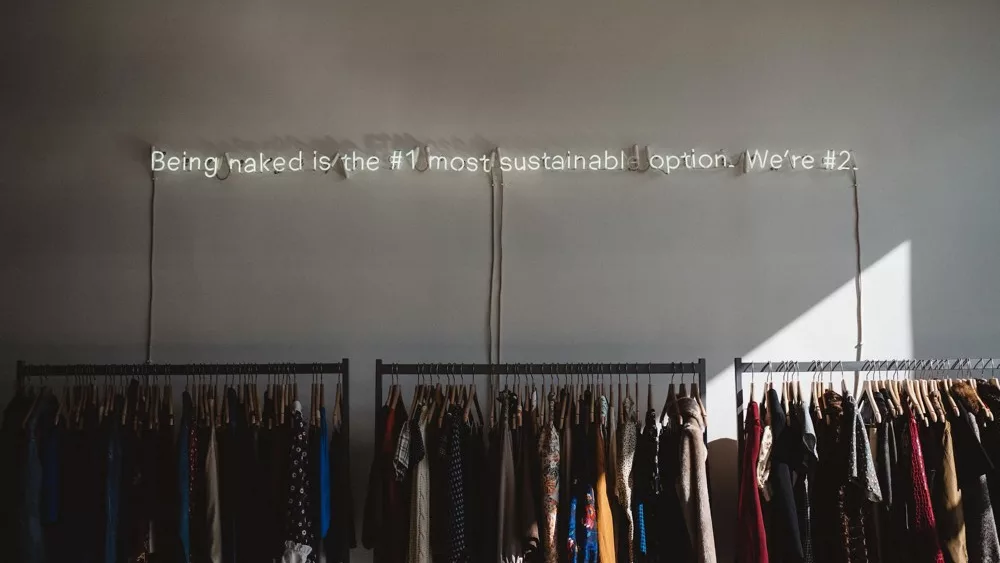
In a world where fast fashion has dominated the industry for decades, the concept of sustainability has emerged as a beacon of hope. With environmental concerns at the forefront of global conversations, consumers are becoming increasingly conscious of the impact their choices have on the planet. As a result, sustainable fashion is gaining momentum, shaping the industry’s future in a positive and eco-friendly direction.
One shining example is the Linen Dance Kimono in White offered by A Perfect Nomad, a brand dedicated to promoting eco-friendly and ethically produced clothing. Linen, derived from the flax plant, is a natural and renewable resource that requires minimal water and pesticides to cultivate. The kimono’s crisp white hue is achieved through environmentally friendly dyeing processes, avoiding the harmful chemicals commonly used in traditional fabric coloring.
Another noteworthy piece from A Perfect Nomad is the Bohemia Organic Dress. Crafted from organic cotton, this dress not only supports sustainable farming practices but also ensures that no harmful pesticides or synthetic fertilizers were used in its production. The sandy color is achieved through a low-impact dyeing process, highlighting the brand’s commitment to minimizing its environmental footprint.


Kopila, a conscious cashmere brand, offers a glimpse into the potential of sustainable materials in high-end fashion. Cashmere, known for its luxurious softness, is often associated with environmental concerns due to overgrazing of goats and excessive use of water in traditional production. However, Kopila sources its cashmere from nomadic herders who prioritize the well-being of their animals and the land. This approach not only ensures the sustainability of the cashmere industry but also supports the livelihoods of those involved in its production.
The Linen Dance Kimono, Bohemia Organic Dress, and conscious cashmere from Kopila are just a few examples of the diverse range of eco-friendly fashion options available. However, the significance extends beyond individual products; it represents a paradigm shift in the industry. Here are some key reasons why sustainability is not just a trend but the future of the fashion landscape.
Environmental Impact:

Traditional fashion production is notorious for its detrimental effects on the environment, from water pollution to deforestation and excessive carbon emissions. Ethical fashion addresses these concerns by prioritizing eco-friendly materials, ethical production methods, and reducing overall environmental footprints. The use of organic fabrics, recycled materials, and responsible dyeing methods are pivotal in minimizing the industry’s adverse effects on the planet.
Ethical Practices:
One of the pillars of sustainable fashion is ethical manufacturing. Many fast fashion brands outsource production to countries with lax labor laws, leading to poor working conditions and exploitation of workers. This responsible approach to fashion, on the other hand, focuses on fair wages, safe working environments, and the overall well-being of the workers. By supporting brands that prioritize ethical practices, consumers contribute to the creation of a fashion industry that values human rights.
Longevity and Timeless Design:
A key aspect of sustainable clothing is the emphasis on longevity and timeless design. Instead of chasing fleeting trends, sustainable brands encourage consumers to invest in pieces that withstand the test of time. This shift in mindset promotes a more mindful approach to consumption, discouraging the “wear and discard” culture that has been prevalent in the fast fashion realm. Quality craftsmanship and durable materials ensure that sustainable clothing pieces remain relevant and stylish for years, reducing the need for constant replacements.
Waste Reduction:
The fashion industry is a significant contributor to global waste, with fast fashion leading to excessive production and disposal of clothing. Sustainable fashion aims to minimize waste by focusing on recyclable materials, upcycling, and innovative design techniques that reduce the environmental impact of discarded garments. By embracing a circular fashion economy, where clothing is designed to be reused, repurposed, and recycled, sustainability pioneers a more responsible approach to consumption.

Consumer Awareness and Demand:
Perhaps the most influential factor in the rise of sustainable fashion is the growing awareness and demand from consumers. As people become more informed about the environmental and social implications of their choices, there is a noticeable shift towards sustainable alternatives. Brands that align with eco-friendly values and transparent practices are gaining popularity, prompting the industry to respond and adapt to this evolving consumer consciousness.
Sustainable fashion is not merely a passing trend but a transformative movement that holds the key to a greener and more responsible future for the industry. The Linen Dance Kimono, Bohemia Organic Dress, and Kopila’s conscious cashmere exemplify the diverse and stylish possibilities within the realm of sustainability. By choosing eco-friendly materials, supporting ethical practices, embracing longevity, reducing waste, and responding to consumer demand, the fashion industry can pave the way towards a more sustainable and harmonious relationship with the planet. As we embrace these changes, we contribute to a future where fashion is not just a reflection of style but also a testament to our commitment to the well-being of the environment and its inhabitants.
featured image: Alyssa Strohmann
